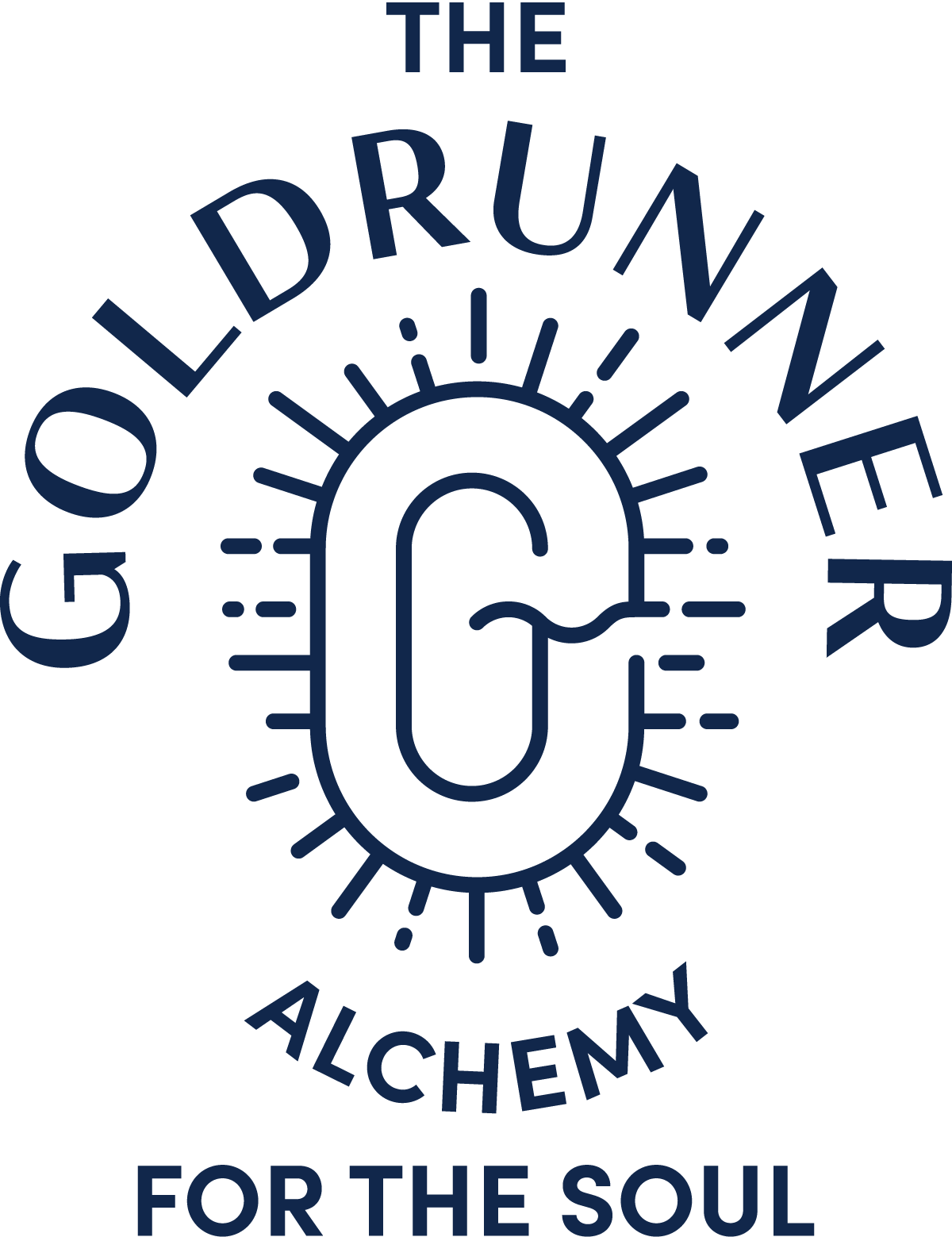I’m no stranger to 12-step programs. I’ve witnessed the courageously imperfect journeys of friends and family as they’ve picked their way along the path. And I’ve spent many a Sunday afternoon surrounded by a circle of kind-hearted, co-addicted faces patiently listening to my story, and sharing theirs in turn.
So I felt some resonance sitting in a classroom last weekend at the Minnesota Zen Center. Except this time the topic was our country’s collective, codependent addiction to #whiteprivilege. (For an instant case of the hives, just say that last word out loud a couple times.)
As with any addiction, the causes of racism are hotly contested and wildly slippery (so explained Autumn Brown of AORTA.coop in the brilliant, necessarily uncomfortable but critically relevant Racial Justice workshop she’ll reprise at the Center on Oct. 20). They’re also comorbid with misogyny and patriarchy (to cherrypick from a laundry list of equally powerful dehumanizers).
More to the point, as with addiction, we never “solve” racism. We live with it. We live through it. With integrity, if possible. With humility, if we can bear it. With compassion, if we can summon it. With accountability, if we know what’s good for us. With a tireless vigilance, if we can suspend our shame and defensiveness. With support of loved ones, if we are blessed.
But white folx, we don’t get to skip this part. Here is our life’s work. Here is our legacy, and it could go either way… so we have to start wrapping our hearts around it. I know this brutal truth is where my lessons begin and where, by grace, I may become a worthy ancestor.
I believe wanting to ease suffering is one of the holiest aspects of human nature. And I hope I never stop feeling that urge or sense of purpose. But there’s something else creeping into modern healing programs that feels much less pure. It has to do with the “spiritual” mandate to “manifest our best lives.” And I’m sorry, but that isn’t always a spiritual impulse. Sometimes it’s just greed and laziness. I’ve fallen prey to it myself, so I know it’s there. I also know empowerment is very definitely not about crystals and ‘grammable altars (both of which I use quite extensively in my practice). Matter of fact, we can all chuck our crystals out the window if shiny objects mark the goalpost of our commitment to growth and change. They are tools for self-examination, not magic beans.
By the way, magick is real. But so is magical thinking. The latter degrades the former, and in your heart you know the difference — I promise you. You know, as I do, that the work of magick takes every ounce of our courage and tests every fiber of our humanity. And there are communities, such as the Zen Center, doing important decolonizing work from the inside out. Which is what has to happen, one community at a time, one individual at a time. Real magick is about restoring each other’s humanity. Period.
If you’re a white person reading this, you might (as I do) find yourself addicted to something you feel you didn’t personally choose. But of course, choice plays no role in addiction. The way I see it, I may have sobered up a bit, but I’m still addicted. And recovery in any capacity is a lifelong journey. I will most surely relapse, and I will most surely hurt (even more) people as a result. And I will make amends as I can. As bleak as it may sound, I find hope in surrender to this reality. The second chance I’ve been afforded to stop fighting reality and work on that recovery is a gift I don’t intend to waste, either in my personal life or in my practice.

